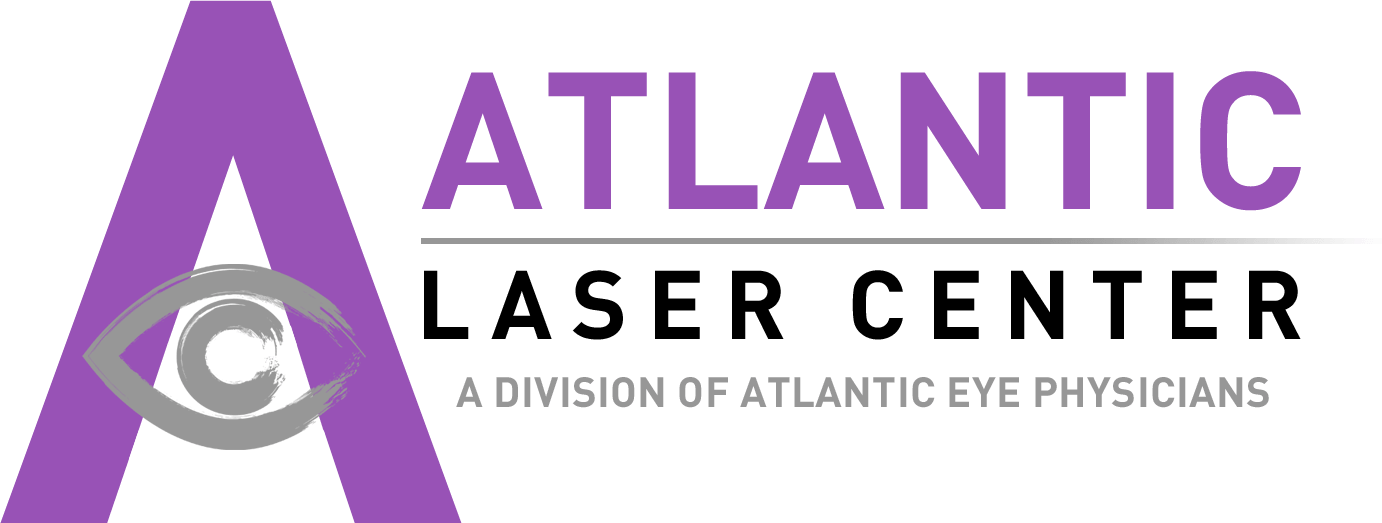Archives
Are Contact Lenses Bad For Your Eyes?
Contact lenses are a popular form of vision correction. With contacts, refractive errors like nearsightedness, farsightedness, and astigmatism can be corrected. They offer wearers clearer sight like glasses while also maintaining a low profile. If you’re wearing contacts, it’s almost impossible to tell. Contacts may seem like the best solution for bad eyesight, but they… Read More
LASIK and the Importance of Corneal Thickness
If you have seriously been considering LASIK surgery, the chances are good that this is not the first article you have read on the procedure. In fact, you are probably fairly familiar with the basics of LASIK by now, including the criteria that distinguish suitable candidates from those who would be better served by PRK… Read More
What Are the Symptoms and Causes of Presbyopia?
At Atlantic Laser Vision Center, we occasionally have patients who come into our practice highly concerned over the fact that they have rapidly lost their ability to see nearby objects clearly. “It started happening around the time I turned 40,” they’ll invariably say. “One day I went to read a menu, and I couldn’t make… Read More
LASIK and Patient Age
If you are thinking about undergoing LASIK surgery, a permanent treatment for refractive errors, you may be considering a number of factors. How much does LASIK cost? Will it hurt? Is the surgery safe? But one thing that many patients don’t consider is how their age will affect their candidacy for LASIK surgery. At Atlantic… Read More
LASIK and Teens
If you are a teenager and you have refractive errors such as nearsightedness, farsightedness, or astigmatism, you may already be frustrated with your reliance on eyeglasses and contact lenses to see clearly. You may be interested in a more permanent laser vision correction option such as LASIK. LASIK is a surgical procedure in which surgeons… Read More
What Is PRK Recovery Like?
For patients who aren’t good candidates for LASIK or who wish to avoid the risk of flap complications associated with that procedure, PRK offers a potentially ideal alternative. The actual procedure differs from LASIK only in how the stromal layer of the cornea – the corneal tissue that is reshaped by the excimer laser –… Read More
Candidates for PRK Surgery
PRK is a low-risk surgery with a high success rate. The FDA approved excimer lasers, which are used to reshape the cornea, for use in PRK surgery in 1995. Since then, millions of patients have undergone laser vision correction procedures such as PRK. If you suffer from blurry vision due to nearsightedness, farsightedness, or astigmatism,… Read More
The Advantages of Custom Wavefront LASIK vs. Traditional LASIK
Patients who are looking for a safe, effective, and long-term solution for vision impairment are most likely to get the results they desire from laser vision treatment. LASIK surgery alters the shape of the cornea in order to address the most common types of vision impairment, including nearsightedness, farsightedness, and astigmatism. While traditional LASIK surgery is… Read More
LASIK Can Improve Astigmatic Vision
For patients who have spent years relying on glasses and contact lenses to clear and focus their vision, LASIK surgery offers the promise of long-term vision correction. This laser eye surgery treats vision impairment by addressing the source of the problem. LASIK surgery reshapes the cornea in order to correct the way that it refracts light…. Read More
LASIK Can Dramatically Improve Farsightedness
Farsightedness, or hyperopia, occurs when your eyes cannot focus on close-up objects. Though distant objects appear clearly, anything within arm’s length appears blurred or fuzzy. You may rely on glasses or contacts, which affect your appearance and/or your quality of life. If you have severe farsightedness, the condition can even keep you from enjoying certain… Read More


